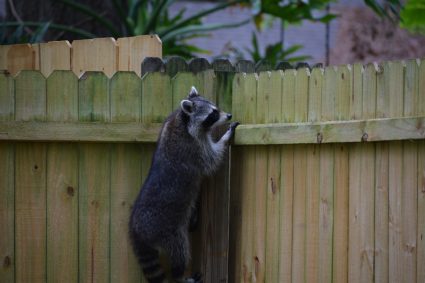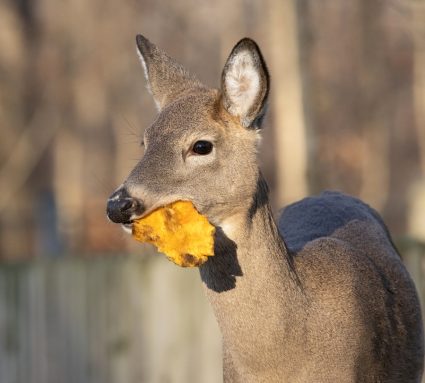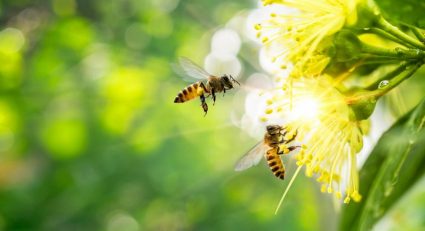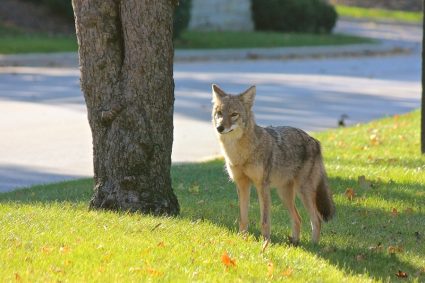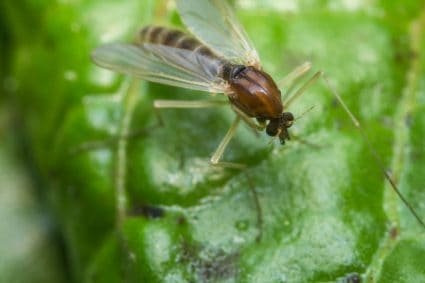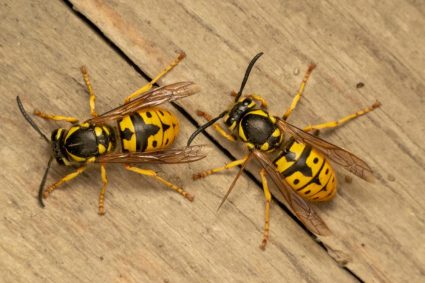
Tulips are a beautiful addition to any garden, adding vibrant colors and a touch of elegance. However, these lovely flowers can attract unwanted attention from squirrels, which can cause significant damage to your garden. If you’re struggling to keep squirrels away from your tulips, this comprehensive guide will provide you with a range of effective solutions.
To keep squirrels away from your tulips, consider planting less-desirable bulbs like daffodils, allium, and fritillarias alongside your tulips, use deterrent sprays, implement physical barriers like chicken wire, plant bulbs deeper, and use repellents. You can also cover the bulbs with mulch or foliage and interplant with other bulbs. For more severe cases, consider using safe and humane traps or devices that deter squirrels.
Why are Squirrels Attracted to Tulips?
Squirrels are attracted to tulips mainly because they find the bulbs and flowers tasty and nutritious. Tulip bulbs are rich in proteins, which squirrels need to survive, as they cannot digest cellulose material. Additionally, tulip flowers might be consumed by squirrels in certain regions due to learned behavior passed down through generations. Squirrels are particularly fond of tulips and crocuses, and they tend to dig up freshly planted bulbs when they come across disturbed soil.
The Damage Squirrels Can Cause
Squirrels can cause several types of damage to tulips, including digging up and eating the bulbs, as well as eating the flowers. This can lead to gaps in your tulip displays and ruin the aesthetic of your garden. Squirrels are most likely to target tulip bulbs right after planting in the fall, as they are trying to gather as many calories as possible before winter. Additionally, a large population of squirrels or chipmunks can make it virtually impossible to grow tulips without taking extensive control measures.
Effective Methods to Deter Squirrels from Tulips
There are several effective methods to deter squirrels from tulips. Here are some of the most successful strategies:
Plant Less-Desirable Bulbs
Squirrels are fond of tulips and crocuses, but they don’t prefer other spring-blooming bulbs like daffodils, allium, and fritillarias. Mixing these less-desirable bulbs with your tulips can help deter squirrels.
Use Deterrent Sprays
Commercially available sprays that repel squirrels and other rodents from outdoor spaces are quite effective. These sprays often contain mint or other strong-smelling ingredients.
Implement Physical Barriers
Cover the planting area with chicken wire or hardware cloth to prevent squirrels from digging up the bulbs. Make sure to remove the barrier in early spring to allow the tulips to grow.
Plant Bulbs Deeper
Plant tulip bulbs 8 inches deep, as squirrels are less likely to dig more than a few inches beneath the soil surface.
Use Repellents
Apply granulated garlic, crushed red pepper flakes, or commercial animal repellent sprays like Plantskydd to make the bulbs less appealing to squirrels.
Cover Bulbs with Mulch or Foliage
Protect your tulip bulbs by covering them with a thin layer of mulch or foliage, making it more difficult for squirrels to locate and dig up the bulbs.
Interplant with Other Bulbs
Plant a variety of other bulbs, such as daffodils, allium, and fritillarias, with your tulips. Rodents don’t like these bulbs and may be deterred by their presence.
Remember that no single method is foolproof, and you may need to combine several strategies to effectively protect your tulips from squirrels.
Safe and Humane Traps or Devices That Can Deter Squirrels
There are several safe and humane traps and devices that can deter squirrels from your property. Some of the options include live traps, ultrasonic repellents, motion sensor water sprinklers, and repellent sprays.
Pros and Cons of Using Commercial Squirrel Repellents
Commercial squirrel repellents offer several advantages and disadvantages. They are environmentally friendly, long-lasting, and cost-effective. However, they may have limited effectiveness, are weather-dependent, and may inadvertently affect other small animals in the vicinity.
Effective Preventative Measures
Preventative measures can be taken to deter squirrels from being attracted to tulips in the first place. These include planting less-desirable bulbs, using bulb cages or chicken wire, adding deterrents to the planting hole, applying repellents, and planting bulbs deeper.
Squirrel-Proof Tulip Planting Strategies
There are several squirrel-proof tulip planting strategies you can use to protect your bulbs from being dug up and eaten by squirrels and other critters. These include planting bulbs at the proper depth, using chicken wire or hardware cloth, planting bulbs with gravel, using companion planting, planting less-desirable bulbs, planting bulbs in low groundcover, and delaying bulb planting times.
By employing these strategies, you can protect your tulip bulbs from squirrels and enjoy a beautiful spring display in your garden.
Frequently Asked Questions
Can I use household items as a squirrel repellent?
Yes, some household items can be used as a natural squirrel repellent. For instance, you can use crushed red pepper flakes or granulated garlic, as squirrels dislike the strong smell and taste of these items.
What time of the year are tulip bulbs most vulnerable to squirrel attacks?
Tulip bulbs are most vulnerable to squirrel attacks right after planting in the fall. Squirrels are preparing for winter and are actively seeking food sources during this period.
Are there any plants that can be interplanted with tulips to deter squirrels?
Yes, interplanting tulips with less-desirable bulbs for squirrels such as daffodils, allium, and fritillarias can help deter squirrels.
Can I use chicken wire for protecting my tulips all year round?
No, you should only use chicken wire or hardware cloth during the fall and winter to prevent squirrels from digging up the bulbs. Make sure to remove the barrier in early spring to allow the tulips to grow.
Will commercial squirrel repellents harm my other garden plants or pets?
Most commercial squirrel repellents are designed to be safe for use around other plants and pets. However, it’s always a good idea to check the product label for specific instructions and warnings.
Are there any other animals that might be attracted to tulips?
Besides squirrels, other animals that might be attracted to tulips include rabbits, deer, and voles. Each of these animals requires its own specific deterrent strategies.

